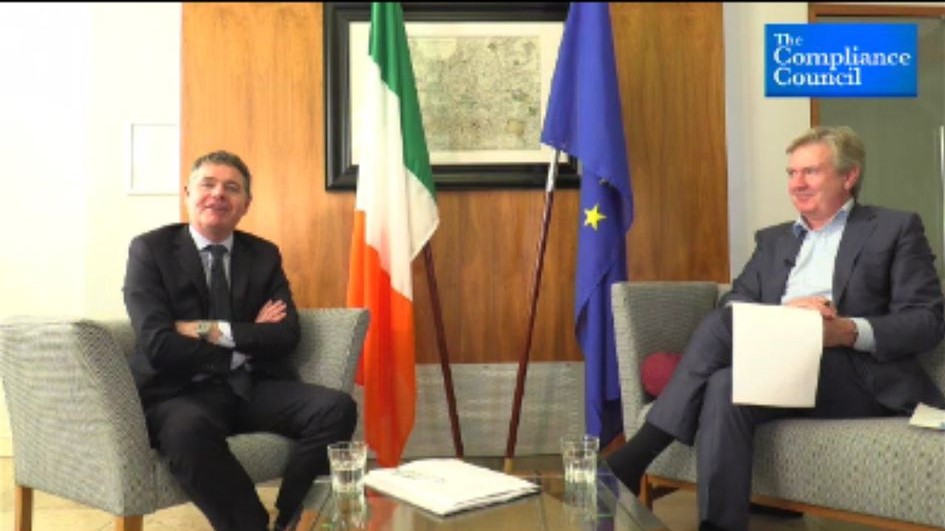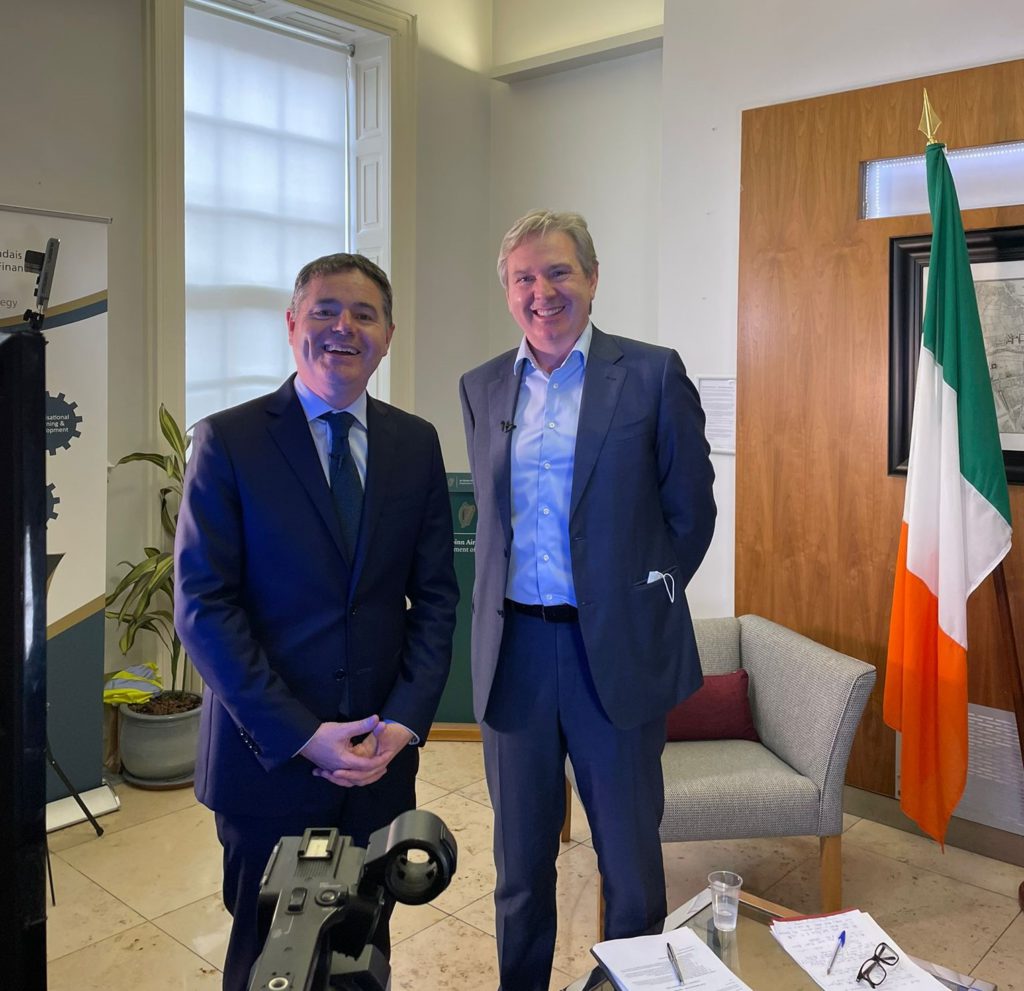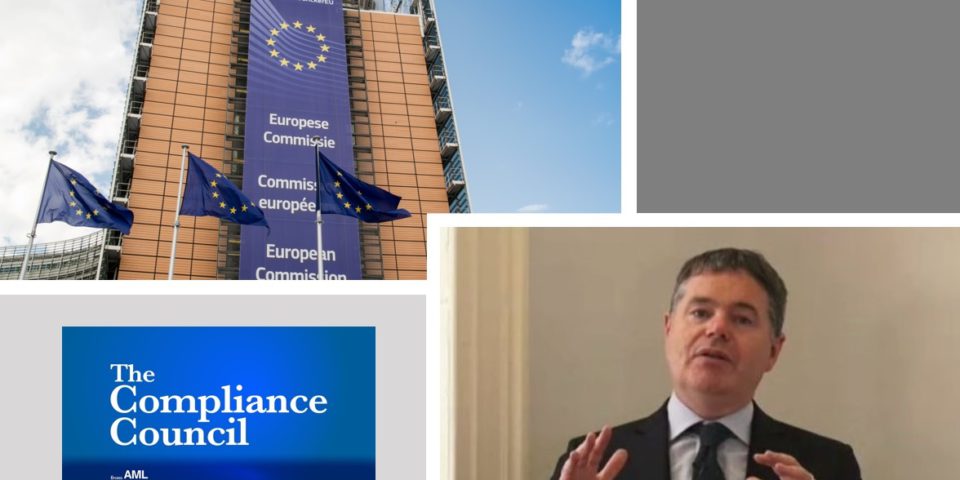By Dan Byrne for AMLi
The head of the Eurozone’s team of finance ministers has expressed confidence in the European Commission’s new AML strategy – but cautioned that several conditions need to be met for it to be an ultimate success.
Speaking at ‘The Compliance Council’ Roundtable Thursday, Eurogroup President and Minister for Finance of Ireland Paschal Donohoe said three elements were essential to the success of the EU’s new centralised AML rulebook.
The new rule book, including the establishment of a new AML Authority to enforce rules and oversee major international institiutions – based on risk – was announced in July.
“It has the potential to be a welcome development,” told invited participants at the Roundtable. ‘The Compliance Council’ is the discussion forum established by AML Intelligence.

“Being the optimist that I am, I hope that potential will be realised. But from our engagement already, there are three really important areas that we will be making a case for, and we won’t be on our own in making that case.”
He firstly pointed to the fact that not all EU member states operate the same basic legal system.
Civil law is completely dominant on the mainland while Ireland uses common law – uniquely now, thanks to Brexit. Meanwhile, Cyprus features a mixed system.
“I unexpectedly found myself spending a lot of time dealing with the definition of a trust in Ireland,” Mr Donohoe said as an example of a case where differing legal viewpoints will show themselves. “This ended up being quite central to AML work.”
“These differing legal environment of the EU is something that’s going to matter for us.”
Secondly, he stressed that efforts to centralise AML supervision in the EU must pass the “are they valuable?” test once they’re up and running.
He stressed his support for a common rulebook as an “antidote to complexity,” but warned that the bloc should not be “creating centralisation just for the sake of it.”
“The vision I have for the European Union – which, frankly, isn’t one that all will share – is one in which flexibility still has a role, and which agility still has a role,” he emphasised.
Lastly, he wanted the implementation of these new measures to be tested. “And if we’re going to implement these things, let’s not set a time period for implementation that creates further risks and further difficulties.”
His comments come just weeks after the official announcement of the rulebook and AMLA by the European Commission.
National efforts to root out financial criminals are now expected to be complemented – and in some cases led – by a core team of supervisors acting on behalf of the bloc rather than member state governments.
But while the pace of change is quickening, Mr Donohoe also suggested that it would focus on some areas more than others.
A common legal basis for the public-private partnership approach to AML, for example, was still a “long way off,” he suggested.
“It’s something that’s unlikely to happen in the short term, to tell the truth,” he told the panel. “What should happen in the interim… is continued engagement with key national governments.”
“I think what is most likely to happen across the coming period is a shift in tone and narrative, but a shift in the legal framework is a big ask.”

Ultimately, Mr Donohoe stressed that he continued to view the EU as a political entity; built and maintained on laws and precedent, and that this was reflected a great deal in AML compliance work.
Particularly, he noted that when legal frameworks are put into action on the ground, they forge a unique culture that continues in other areas.
“I’m reminded of what Peter Drucker said, ‘Culture eats strategy for breakfast,’” he told the panel.
Share this on:
Follow us on:











